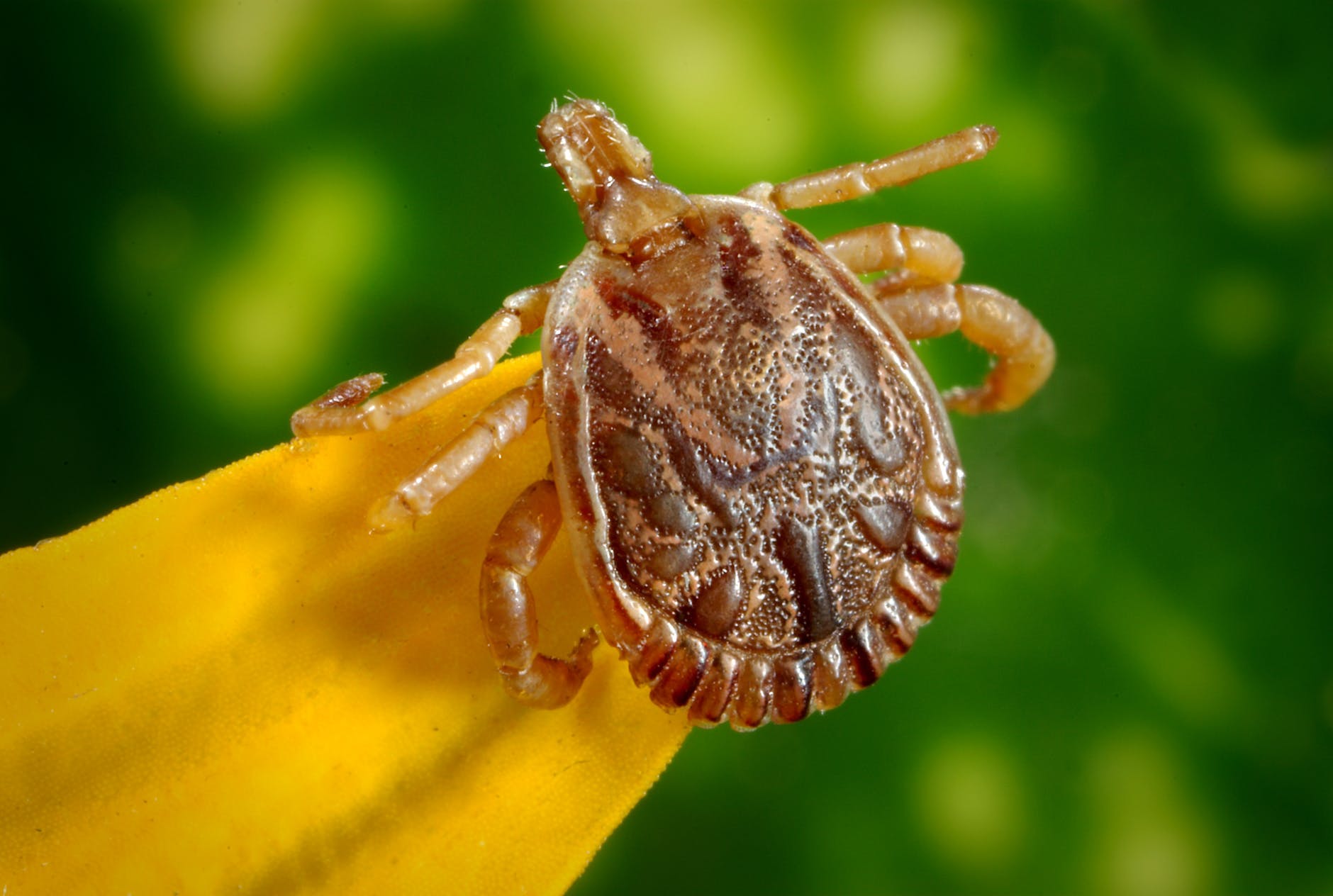
If you’re not sure what condition someone has and you’re not a medical professional, you probably won’t be able to tell. Visible symptoms for contagious and non-contagious diseases can seem identical, and the mode of transmission depends on the particular disease.
“There is not a single relationship between the cause of an infection and its contagiousness, as there are bacterial diseases that are contagious and others that are not,” explains Amesh Adalja, MD, an infectious disease physician and Senior Scholar at the Johns Hopkins Center for Health Security, adding that the same is true for the world’s smorgasbord of viruses.
And then there are the conditions caused by a malfunctioning immune system or environmental factors. The bottom line: It’s never a bad idea to take safety precautions. “Overall,” says Dr. Adalja, “being vaccinated and frequent handwashing are good practices regardless.”
Pneumonia
Whether or not this lung infection is contagious depends on what caused it. Two types of pneumonia that can’t be spread from person to person are fungal pneumonia, which is contracted from the environment, and aspiration pneumonia, which occurs when food or liquid is inhaled into the lungs.
On the other hand, bacterial and viral pneumonia—which cause most cases of pneumonia, according to the American Lung Association—are indeed contagious, though not in the way you might think. “The causative microorganism may move between people but may not automatically cause pneumonia,” says Dr. Adalja. “For example, some bacteria may just colonize the nasal passages, while influenza, which can cause pneumonia, may cause bronchitis in another individual.”
Legionnaires’ disease
An outbreak doesn’t always result from an infected person or animal. In the case of Legionnaires’ disease, a contaminated water supply is the culprit: Transmission only occurs when a person inhales mist or water droplets that contain the bacteria Legionella.
According to the National Institutes for Health, exposure can come from faucets, showers, whirlpools and the ventilation systems of large buildings. While this rare form of pneumonia can be severe and deadly, not everyone who is exposed to it will contract it. People at particular risk include those over 50, especially if they have a weakened immune system or chronic illness.
Psoriasis
This skin disorder that affects around two percent of Americans has nothing to do with germs or bacteria. “Psoriasis is an autoimmune condition in which the immune system attacks the skin,” explains Dr. Adalja. “It is not caused by a microorganism that can be passed between people.” Telltale signs include red, itchy patches of skin topped by white or silvery scales that are often found on the elbows, knees, and scalp; they occur when the body creates and accumulates new skin cells too quickly.
Ear infections
The good news: You can’t catch an ear infection. The bad news: If a germ caused this painful malady instead of, say, water in your ears, you can catch that germ responsible—and the most common culprit is a cold virus.
“Due to congestion caused by the cold, the inner ear fills up with fluid and can become secondarily infected by bacteria; these stay in the ear and are therefore not contagious,” explains Matthew Mintz, MD, Clinical Associate Professor of Medicine at the George Washington University School of Medicine and an internal medicine and primary care doctor in Bethesda, MD.
“However, since the ear infection started with a cold, if the patient still has cold symptoms, they can still be contagious.” While ear infections can affect individuals of all ages, they more commonly hit children—they account for around 30 million trips to the pediatrician each year in the United States.
Rosacea
This non-contagious skin condition causes redness, visible blood vessels in the face, and sometimes small bumps filled with pus. Less commonly, rosacea can also lead to a thickening of the skin on the nose. While experts aren’t sure what causes this condition—which hits approximately 14 million Americans—they theorize that genetics, abnormal facial blood vessels, and possibly even the gut bacteria H. pylori may play a role.
The National Rosacea Society explains that antibiotics used to treat rosacea may be effective because they help to combat inflammation, not because they’re killing bacteria.
Bronchitis
Much like pneumonia, some forms of bronchitis are contagious and others are not: It depends on what’s causing the inflammation of the bronchial airways and the resulting coughing, wheezing, and general breathing difficulties. Acute bronchitis, which usually results from an upper respiratory infection that travels to the chest, is often caused by a virus and is contagious.
Hundreds of viruses, as well as some bacteria, can potentially lead to bronchitis, and you can catch them when germs enter your mucous membranes through your eyes, nose, or mouth. Chronic bronchitis, however, isn’t contagious. This ongoing condition is often caused by long-term smoking or exposure to environmental pollutants.

Lyme disease
Infected ticks are the only contagious things you need to worry about in terms of Lyme disease, according to the CDC—and only if they attach to your body and feast on your blood. That means that you can’t catch this bacteria-based disease from other people, whether it’s through casual contact, kissing, or even sex.
Pets can’t infect you either, though they can carry ticks into your home. Fever, fatigue, and a distinctive bull’s eye around the infected site are among the early symptoms of Lyme disease, while later on, people may develop severe joint pain, debilitating headaches, tingling in their hands or feet, and brain and spinal cord inflammation.
Poison ivy
Just looking at a poison ivy rash may make you feel itchy, but it’s all in your head. Poison ivy cannot be transmitted to another person, even if you touch the rash or the fluid from a blister. Transmission can only happen if your skin comes in contact with the plant’s oil—called urushiol—which can happen either through direct contact with it or if it gets on your clothing or pets—and then you snuggle or pet them.
Wondering if that rash is poison ivy? According to the Mayo Clinic, it will often present in a straight line, if you’ve brushed up against the plant. However, if it’s gotten onto your clothing or your beloved pup’s fur, the rash might be more haphazard and expansive.
Malaria
This potentially deadly infectious disease is not a contagious one—meaning that it can’t be transmitted from person to person. You get it from mosquitos—when they bite you, they release the malaria parasites into your bloodstream. You’ll get symptoms like fever, flu-like symptoms, gastrointestinal issues, and jaundice.
However: Malaria infects red blood cells, the CDC warns, and that means you could get it through a blood transfusion, by sharing an infected needle, or during pregnancy or childbirth.

























